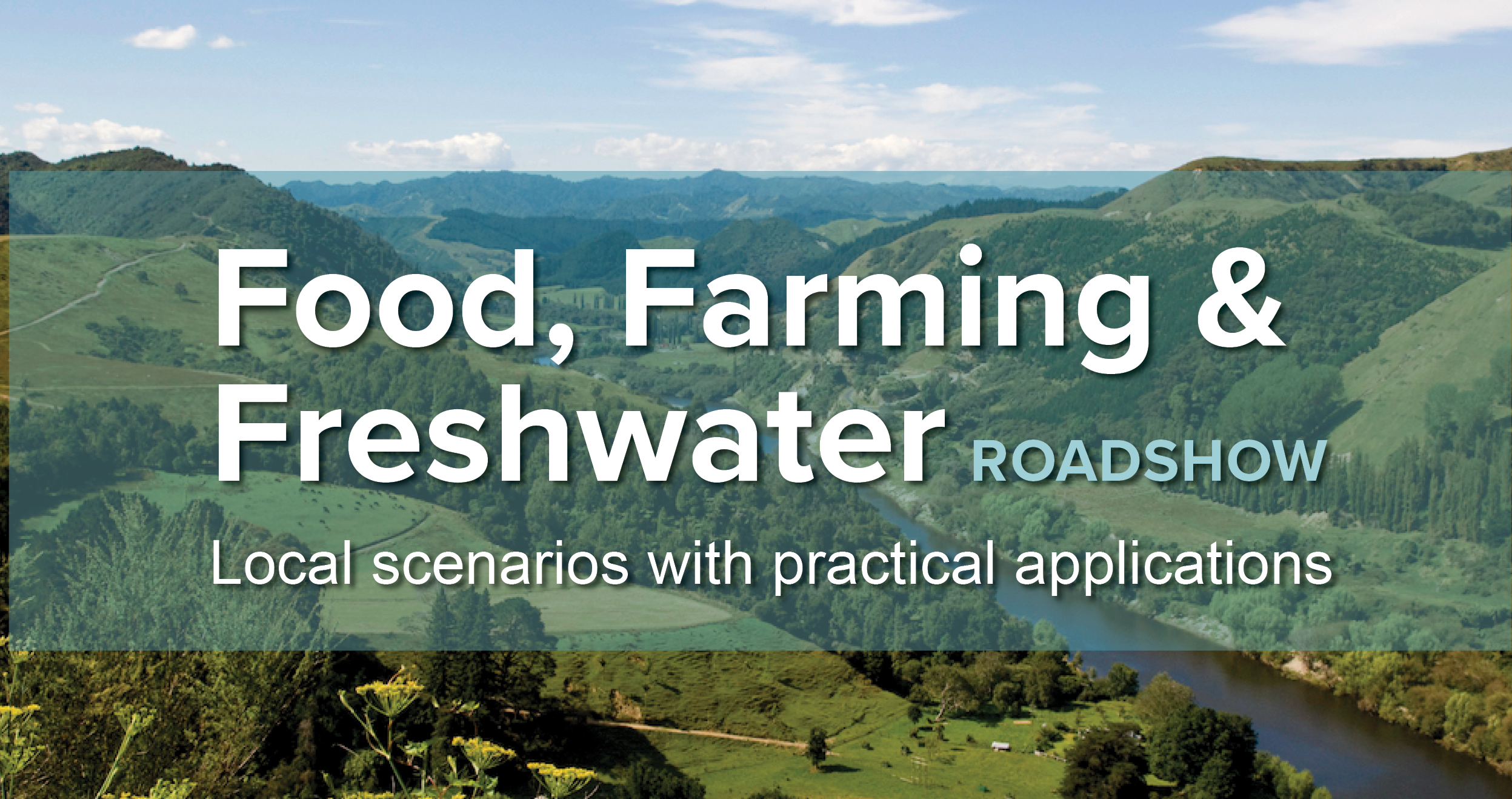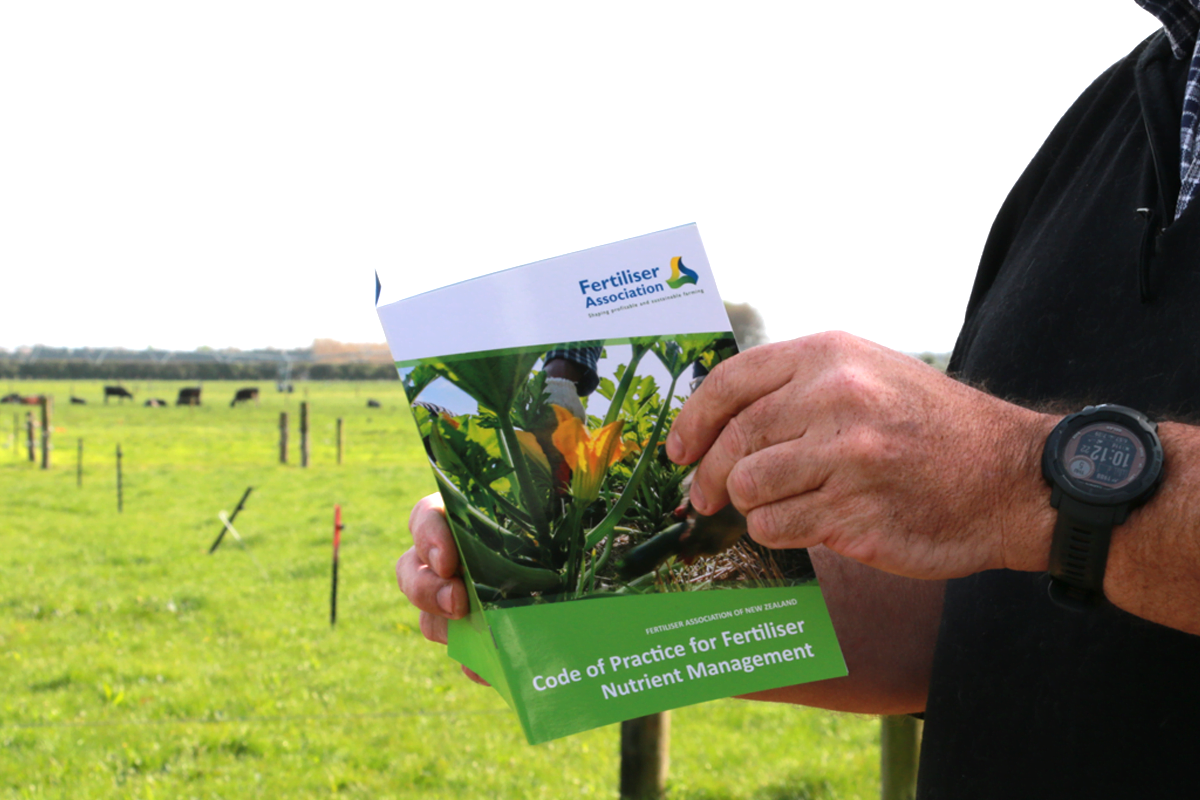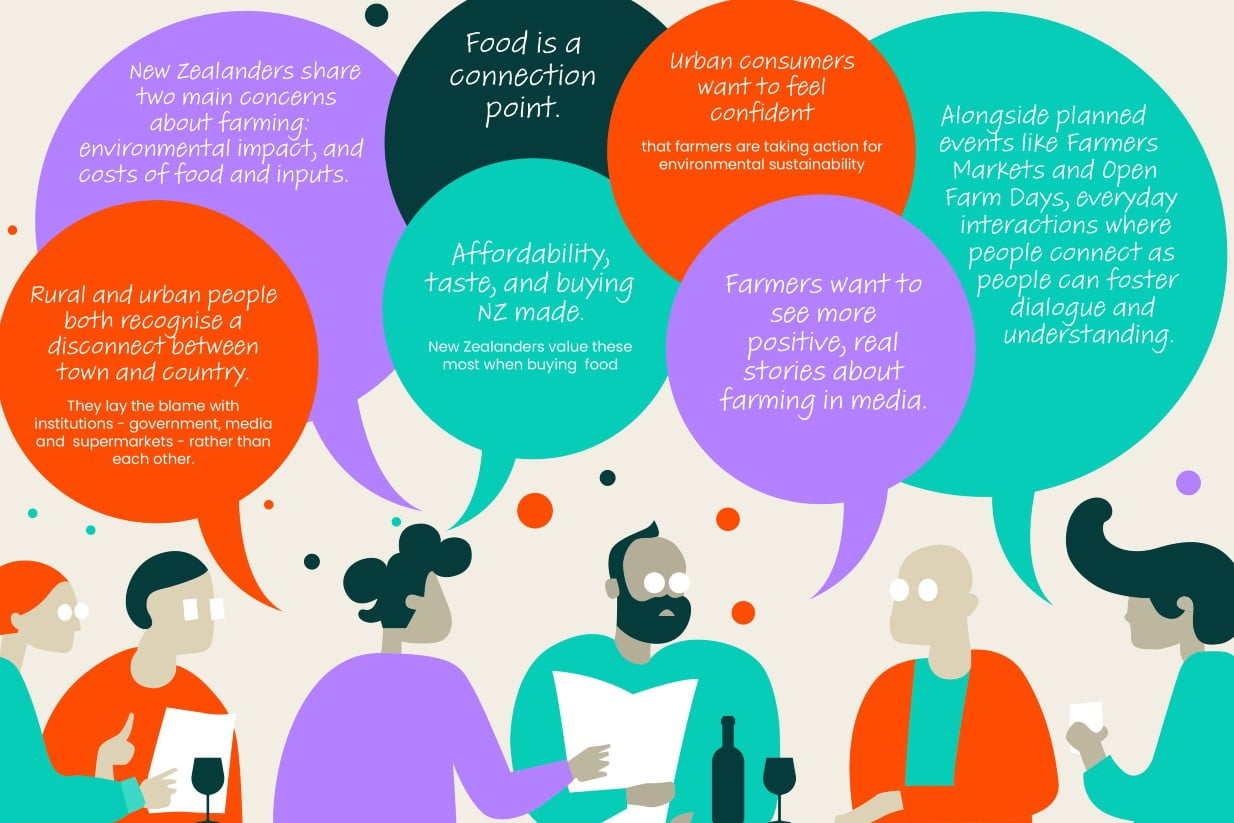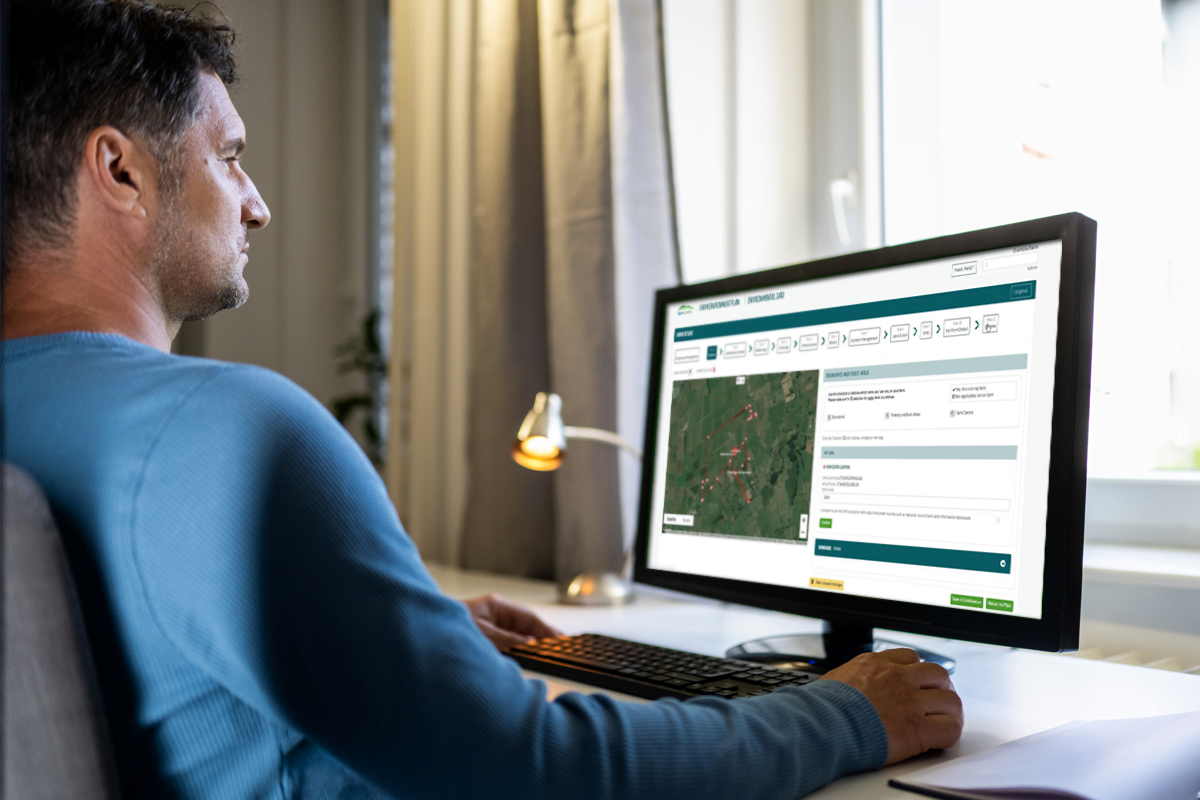New Guidance for Implementing ‘Te Mana o te Wai’ Policy Priority
A new set of resources aims to support the development of regional policy that will prioritise and restore the health of freshwater.
A new collection of practical resources aim to guide the implementation of Te Mana o te Wai, the concept that puts the wellbeing of water itself as the priority for freshwater management under the National Policy Statement on Freshwater 2020.
The guidance and learning resources aim to help mana whenua (iwi or hapū who have customary rights to make decisions about an area) and people in regional authorities work together to develop policy that prioritises the wellbeing of water, ensuring this work is led by mana whenua and will improve the health of our rivers, lakes, aquifers and estuaries.
One set of guidelines is to support the upskilling of mana whenua to understand the current state of their water and define their aspirations, local context and preferred monitoring methods, so that regional regulations can be implemented in a way that truly prioritises and restores the health of water.
The other set of guidance is for people in regional authorities and government. It includes a training module with teaching notes, references and presentations.
Additional resources to support the implementation of Te Mana o te Wai include a set of Te Mana o te Wai factsheets and a set of four iwi-led Te Mana o te Wai case studies.
“We know that many are struggling to understand and give effect to this mātauranga Māori centred concept. Te Mana o Te Wai represents a paradigm shift”
— Tina Porou (Ngāti Porou, Ngāti Tūwharetoa, Ngāi Tāmanuhiri, Ngāti Rakaipaaka)
Developed with funding from the Our Land and Water National Science Challenge, the guidance and learning resources were developed by a group led by Tina Porou (Ngāti Porou, Ngāti Tūwharetoa, Ngāi Tāmanuhiri and Ngāti Rakaipaaka), director of environmental planning agency Poipoia Ltd. The group brought together mātauranga Māori experts from around the country to provide input on the national implementation of Te Mana o te Wai.
The principle of Te Mana o te Wai reflects the paramount importance of the health and wellbeing of water. “We know that many are struggling to understand and give effect to this mātauranga Māori centred concept,” says Ms Porou. “Te Mana o Te Wai represents a paradigm shift. It speaks to the need to re-balance and approach freshwater management from first principles – what does the water need to be healthy and well; what does the water need to sustain itself?”
“Once that is provided for, then we can determine what is available – in terms of both quality and quantity – for essential human health needs (the second right) and the social, economic, and cultural well-being of people and communities (the third right). This approach puts te mauri o te wai at the heart of all decision-making.”
To implement this transformation in a way that has integrity, Te Mana o Te Wai must be defined by mana whenua for each waterbody and freshwater ecosystem.
“We have created a range of tools focused on how iwi and hapū can lead conversations and change in their own takiwā, to gain more capacity and capability on the opportunities for mana whenua to partner with councils,” says Ms Porou. “Case studies from Raukawa, Ngati Rangiwewehi, Ngati Porou and Nga Iwi o Te Tau Ihu greatly informed this work and we are grateful for their contributions.”
“The next part of our journey is to work directly with hapū and iwi to build a national network of kaimahi who are experts in Te Mana o te Wai, to support councils to actively partner with mana whenua, and to ensure the way we measure the health and wellbeing of our waterways is integrated strongly with mātauranga Māori.”
More information:
All resources, collaborators and project information can be found at ourlandandwater.weaveclient.site/temanaotewai. Key resources include:
Author
8 responses to “New Guidance for Implementing ‘Te Mana o te Wai’ Policy Priority”
Does this research include guidelines, templates, exemplars or support of any kind around how to actually write policy that gives effect to Te Mana o te Wai please?
I’m specifically looking for anything that can help us write a housing development management plan using Te Mana o te Wai as a framework.Kia ora – no, the resources don’t include this, but Tina is happy to speak with you. Please comment with your phone number (I won’t publish the comment so it won’t be public) and I’ll pass it on. Thanks.
Kia ora, how do we access the training module for regional councils? Are these going to be set up as events, or invites sent to regional councils directly?
Kia ora. The course content of the training module is outlined in the document here: https://staging.ourlandandwater.nz/wp-content/uploads/2022/02/TMOTW-Training-Programme-Councils.pdf.
If any Council is interested in providing this training Poipoia would be happy to facilitate: https://www.poipoia.co.nz/
The aim is to support further trainers over the next 6 months to become approved facilitators.
is there an opportunity for councils to cover cost of the training module and hapu/iwi have the opportunity to particapate together with council
because its all about relationships too. He Waka eke noa in action!!!Yes, definitely. If any Council is interested in providing this training Poipoia would be happy to facilitate: https://www.poipoia.co.nz/
Kia ora Tina ma
would it be appropriate to utilise the learnings of developing Te Mana o te Wai and apply to geothermal systemsTe Mana o te Wai may be applicable for geothermal waters and would be defined by the mana whenua who whakapapa to those waters – Tina
 View Our Strategy Document 2019 – 2024
View Our Strategy Document 2019 – 2024




Leave a Reply